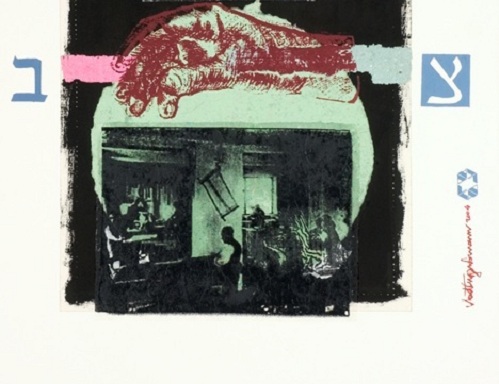Adversus tolerance
DOI:
https://doi.org/10.17851/1982-3053.3.5.104-109Keywords:
Tolerance, Power, InequalityAbstract
Tolerance that means, from its Latin root tolerare, to endure something that another person does to us, is one of some words that, nowadays, seem to be free of suspicion, but these words are related to the generalized exercise of “the good conscience”. It is therefore a word that conceals the cynicism of power and hides the intensity of inequality in all of its possible reaches and forms. The story may serve to help us understand why some beliefs and social customs have remained and continue to exist. The purpose of this article is to reflect on the background of anti-Semitism and on how, since its conception, it has endured. The so called Elected People or People of the Book cease to be a group supposedly chosen by God and become an entity seen as “the murderer of God” and the ally of the Devil.
Downloads
Downloads
Published
How to Cite
Issue
Section
License
Os direitos autorais pertencem exclusivamente aos autores. Os direitos de licenciamento utilizados pelo periódico é a licença Creative Commons Attribution 4.0 (CC BY 4.0): são permitidos o compartilhamento (cópia e distribuição do material em qualquer meio ou formato) e adaptação (remix, transformação e criação de material a partir do conteúdo assim licenciado para quaisquer fins, inclusive comerciais.






